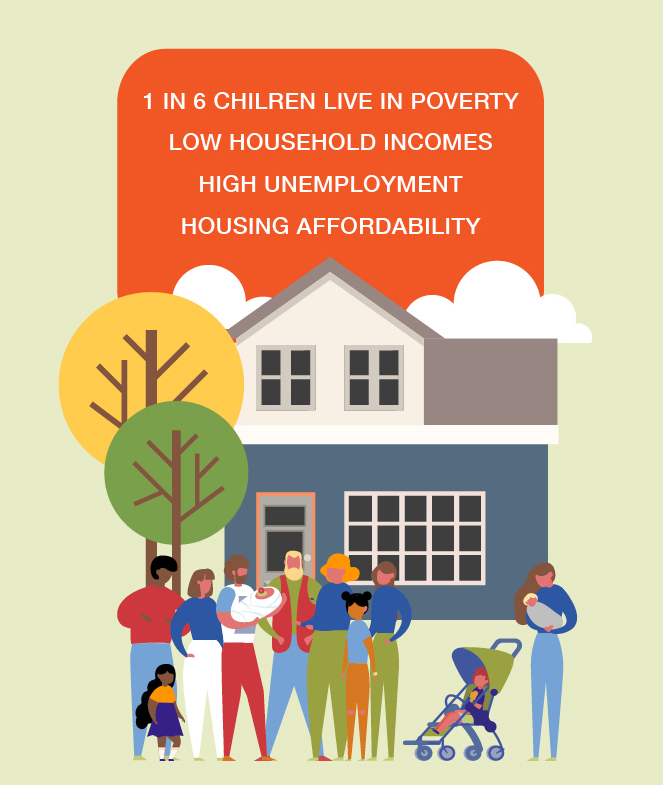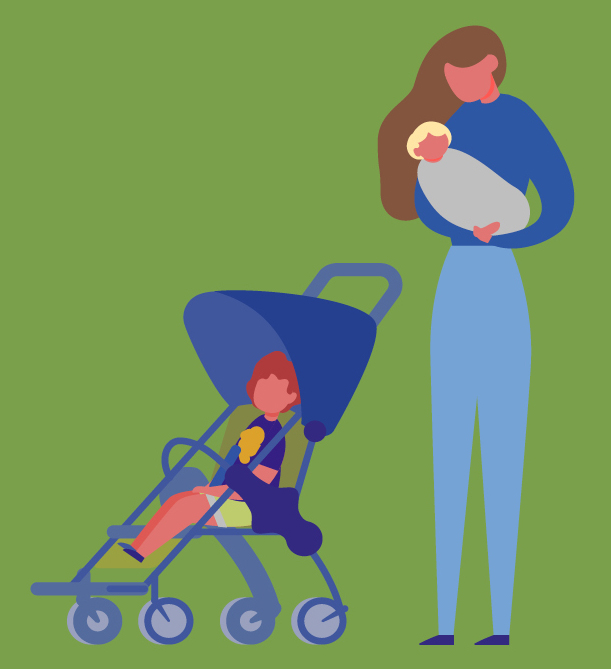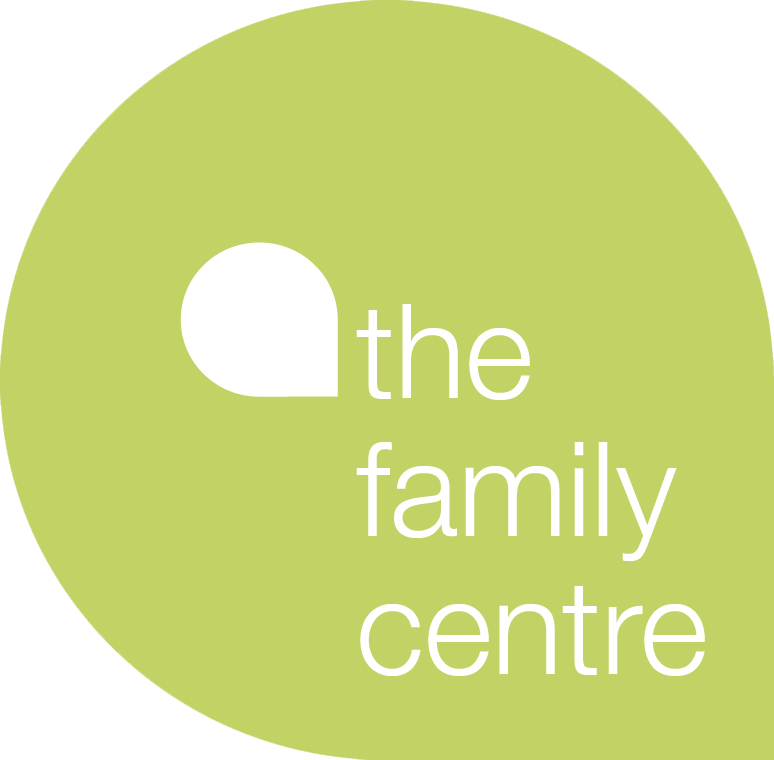Theory of Change
THE FAMILY CENTRE THEORY OF CHANGE
ISSUES AFFECTING OUR COMMUNITY
The Northern Rivers region is a great place to live, but right now, 1 in 6 children live in poverty. In some parts of our region this figure is as high as 1 in 4. Our region experiences unacceptably high unemployment rates, low household incomes and escalating housing costs. Child safety and development, domestic and family violence, homelessness, mental illness and suicide rates are higher than the NSW averages. Aboriginal people are proportionally overrepresented in rates of those experiencing such issues.
Structural inequality, discrimination, the grinding stress of poverty, and a lack of opportunity adversely affects our community wellbeing. This in turn increases the cost and pressure on organisations responsible for health, housing, education, child wellbeing, justice, and community services.
However, by investing in our community and adopting new innovative approaches to address these issues, we are capable of reversing these disturbing trends.

MAKING CHANGE ACHIEVABLE
Reinvesting and redirecting resources toward evidence-informed early intervention programs, and community development approaches, has been proven to increase the social return on investment, leading to improved community outcomes and long-term social impact. Every dollar invested into early intervention is proven to return $7-$12 in social value.
We know from our 33 years’ experience operating in this region, that there are 3 key interrelated actions that will increase opportunity and improve the quality of life condition we all want for our community:
- A commitment to prevention, early intervention and community development approaches that focuses on evidence-informed programs and practices that are proven to increase positive outcomes for children, young people, families and communities.
- Facilitate and resource a shared agenda for action and change. This involves working in genuine partnership with community members and groups, community organisations, government agencies and businesses, to co-design solutions to locally identified issues.
- Maintaining a strong organisational culture that values sustainability, continuous quality improvement, and a commitment to evaluation and transparent outcome and impact measurement.
Theory of change is a description of why a particular way of working will be effective in improving quality of life conditions in a defined geographical area.
Our theory of change is informed by, and interrelated with our organisational social impact logic, program logics, strategic plan, practice framework, cultural elements, quality and evaluation frameworks. It’s a narrative describing how we understand the social issues our community faces, the evidence informed approaches that are most effective in achieving change and how we, and our community partners, intend to deliver effective social impact.

